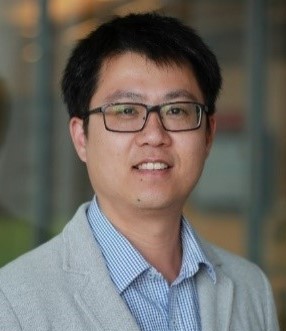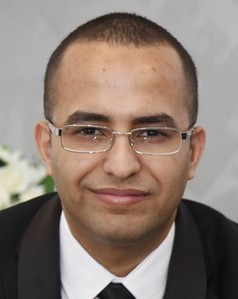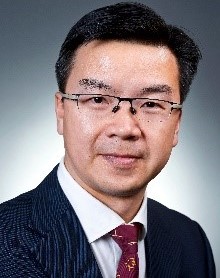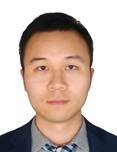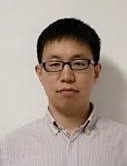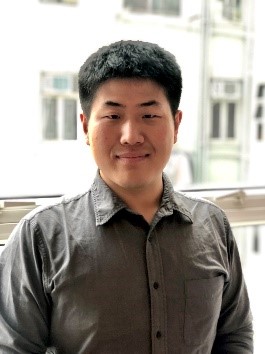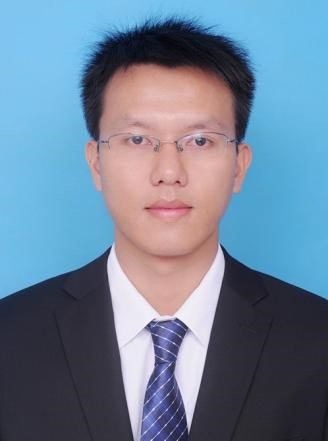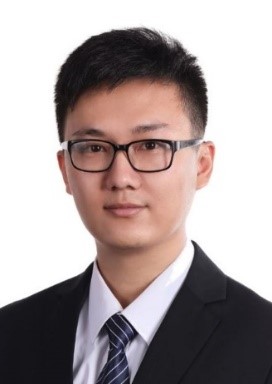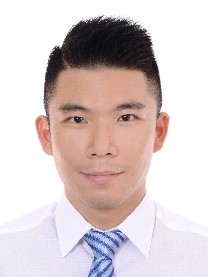KEYNOTE SPEAKERS
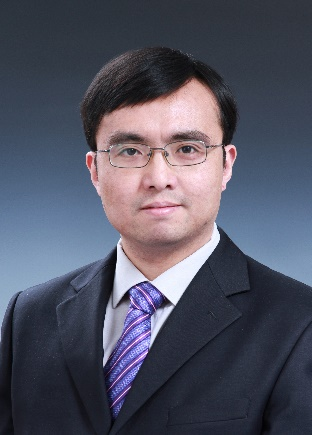
Prof. Hua Geng
Professor,IEEE Fellow,IET Fellow,Distinguished professor of Changjiang Scholars awarded by China Ministry of Education.Tsinghua University, Beijing, China.
Control and Optimization of Wind Turbine Clusters
The renewable energy power plant, represented by wind energy conversion system, will be the main part of the power system in the future. Different from the traditional power generation, the unit capacity of wind turbines is small and distributed. Multiple turbines integrated to form a cluster to supply power to the customers. The power control method of traditional power generation cannot be applied to wind turbine cluster due to the nonlinear feature of turbine and complex power coupling of multiple wind turbines. Power control and optimization are facing great challenges for wind turbine cluster. Starting from the power control requirements of wind turbine clusters, the presentation will introduce model-based and data-driven power control and optimization methods for different application scenarios of wind turbine cluster. Afterwards, future research trends in this area will be summarized.
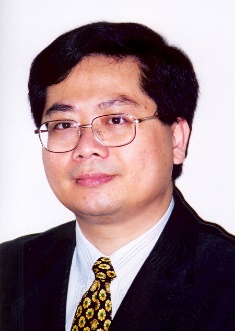
Prof. K. T. Chau
Professor,IEEE Fellow,IET Fellow,The University of Hong Kong, Hong Kong ,China.
Wireless Motors – A New Breed of Power Electronics Drives
To wire, or not to wire, that is the question: Whether electric motors should go wireless. The pros and cons of wireless motors will be introduced, hence identifying the conflict and tradeoff between system cost, transmission efficiency, electrical safety and working environment. Differing from the pseudo-wireless version which is actually a cascaded combination of the wireless power transfer system and the motor, the wireless motors should not involve any batteries, controllers or active devices at the motor side, while performing speed control at the transmitter side. Three key types of wireless motor technology will be presented, namely the wireless DC motors, wireless AC motors and wireless switched reluctance (SR) motors. Their potential applications will also be discussed, with emphasis on those desiring high flexibility, electrocution-free and applicable in totally sealed or isolated environment. Finally, research opportunities and technological challenges of this new breed of power electronics drives will be revealed.
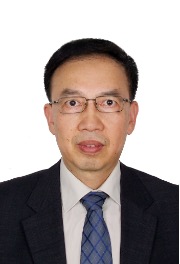
Prof. Zhe Chen
Professor, IEEE Fellow,IET Fellow, Department of Energy Technology, Aalborg University, Denmark.
Power Electronics in Modern Power systems
Power systems are in transition as a part of Green Transition. Traditonal fosil fuel based energy technology is being replaced by new and clean energy technologies. Many clean energy related technologies have been developed and utilized, e.g., wind and PV generators, green hydrogen electrolysis, heat pumps and various storages, etc. A new energy system is emerging with distinctive features, one of the features is that Power Electronics are gaining dominant role position in power grids, e.g., the interfaces of RE generators, energy storages and electrical vehicles, High Voltage Direct Current transmissions, Flexible Alternating Current Transmission Systems etc. The power systems are becomeing very different from the traditional fossil fuel-based technology based power system, which would significantly change the characteristics of power systems and present many challenges.
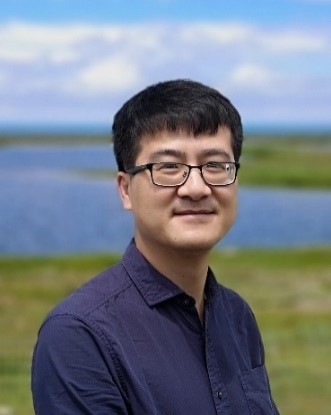
Prof. Qinmin Yang
Professor, State Key Laboratory of Industrial Control Technology, the College of Control Science and Engineering, Zhejiang University, China
Enhancing Wind Energy Harvesting by Industrial Data Intelligence
Wind energy has been considered to be a promising alternative to current fossil-based energies. Large-scale wind turbines have been widely deployed to substantiate the renewable energy strategy of various countries. In this talk, challenges faced by academic and industrial communities for high reliable and efficient exploitation of wind energy are discussed. Industrial data intelligence is introduced to (partially) overcome problems, such as uncertainty, intermittence, and intense dynamics. Theoretical results and attempts for practice are both present.
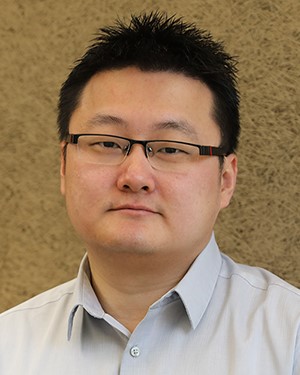
Prof. Fei Gao
Professor, Deputy Director - French National CNRS Research Institute FEMTO-ST
Hydrogen fuel cell electric vehicles: State of Art and outlooks
Hydrogen Proton Exchange Membrane (PEM) fuel cell is considered today as a promising technology for low-carbon transport applications. The successful deployment of fuel cell technology in automotive sector is a key element to reach out the European Union’s CO2 emission goal by 2050. After years of developments by research institutions and enterprises, the automotive fuel cell technology has gradually introduced to the market since 2015. In this keynote, we will explore together the key technologies of modern commercial fuel cell electric vehicles, such as Toyota Mirai 1 and 2, Honda Clarity Fuel Cell, etc. The place of fuel cell technology in our future low-carbon transports and the main challenges will be discussed.
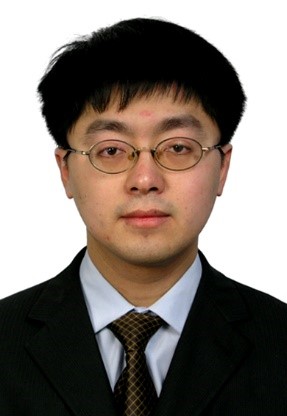
Prof. Xin Dai
Professor of the School of Automation, Chongqing University, Chongqing, China, and the Associate Director of National International Research Center of Wireless Power Transfer.
Self-organized wireless power transfer network for group electronics devices application
With rapid growth of consumer electronics, wireless charging is getting more and more acceptance for applications, such as, mobile phone, watch, earphone and kitchen devices, etc. The applications can be also extended to household appliances, where a large number of devices require wireless power connections. However, the wireless charging applications at present are mostly designed for individual point-to-point charging, while a wireless charging system that is able to simultaneously charge multiple devices in a large area is always desired.
This speech presents Wireless Power Transfer Networks (WPTNs) solutions to develop a flexible, effective wireless power connection between a group of devices. In this network, each device presents as a wireless power node, which have multiple modes including power supply, repeater, receiver node, and decoupling node if necessary. The operating mode of the node is reconfigurable that can switch freely between different mode according to the dynamic change in the power transfer requirements.
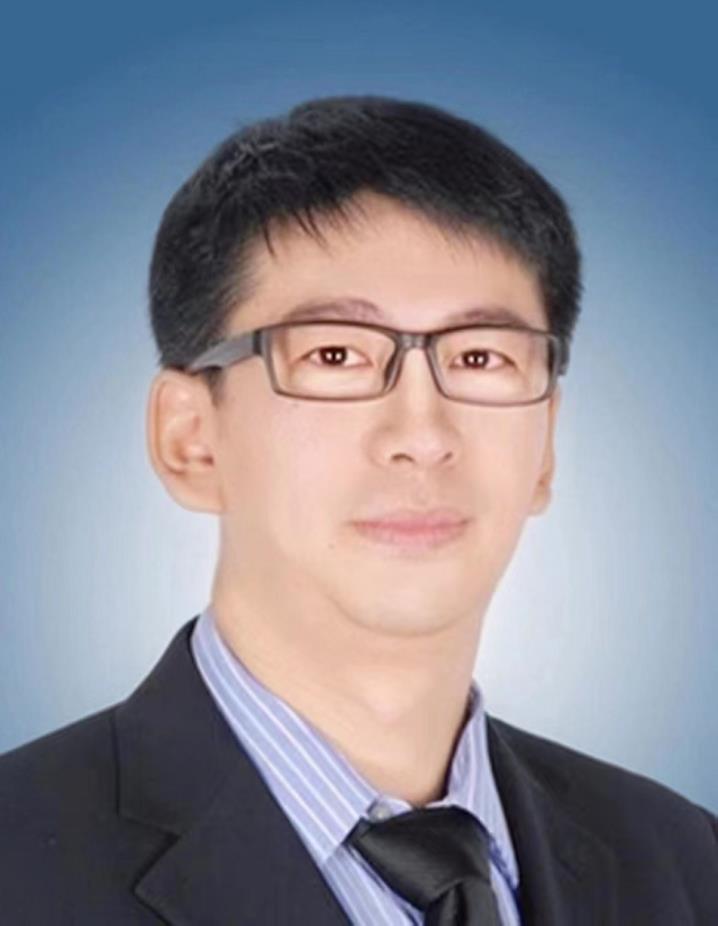
Prof. Jianfei Pan
Professor, College of Mechatronics and Control Engineering, Shenzhen University. Vice Dean of the college.
Dynamic Wireless Power Transfer System for Electric Vehicles - Development and Challenges.
Electric vehicles (EVs), such as on-road cars, vessels and automated guided vehicles (AGVs), plays a vital role in the rapid development of e-transportation. Although EV is environment-friendly and cost-efficient, the limited carried battery capacity results in finite driving range. The cabled charging, which is a widely-used charging method, still requires the stop-to-charge manner and sufficient power stations. In contrast, the dynamic wireless power transfer (DWPT) system allows the vehicles can be re-powered during its driving. The DWPT technology will significantly make the transportation more efficient, and users would never be worried about being stuck in the road due to continuous on-road powering. The main challenges in the practical application of DWPT system are unstable coupling, limited system efficiency and low system stability. In order to solve these issues, the key research effort concentrates on ferrite structure, compensation network and control method. Based on the modularized EV and 3D marine robot charging systems, a universally-applicable ferrite optimization algorithm and adaptive control methods are discussed. In addition, the sensing technology based on the DWPT is also investigated. The core characteristics of the proposed methods are reduced the complexity (e.g., no position sensor and communication unit involved) and improve the dynamic performance of the system.

